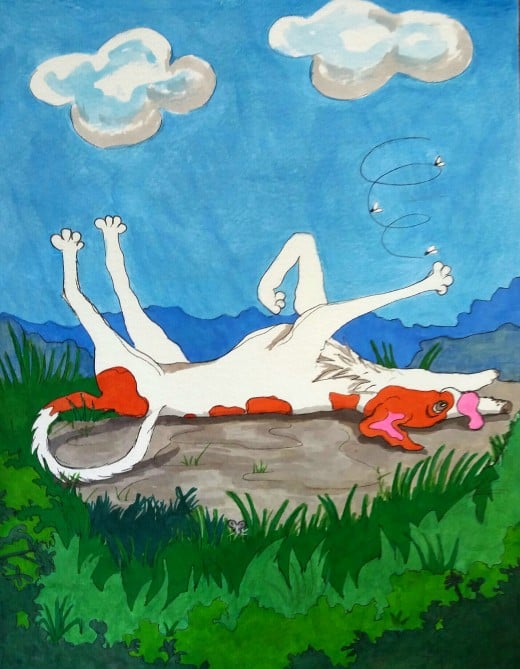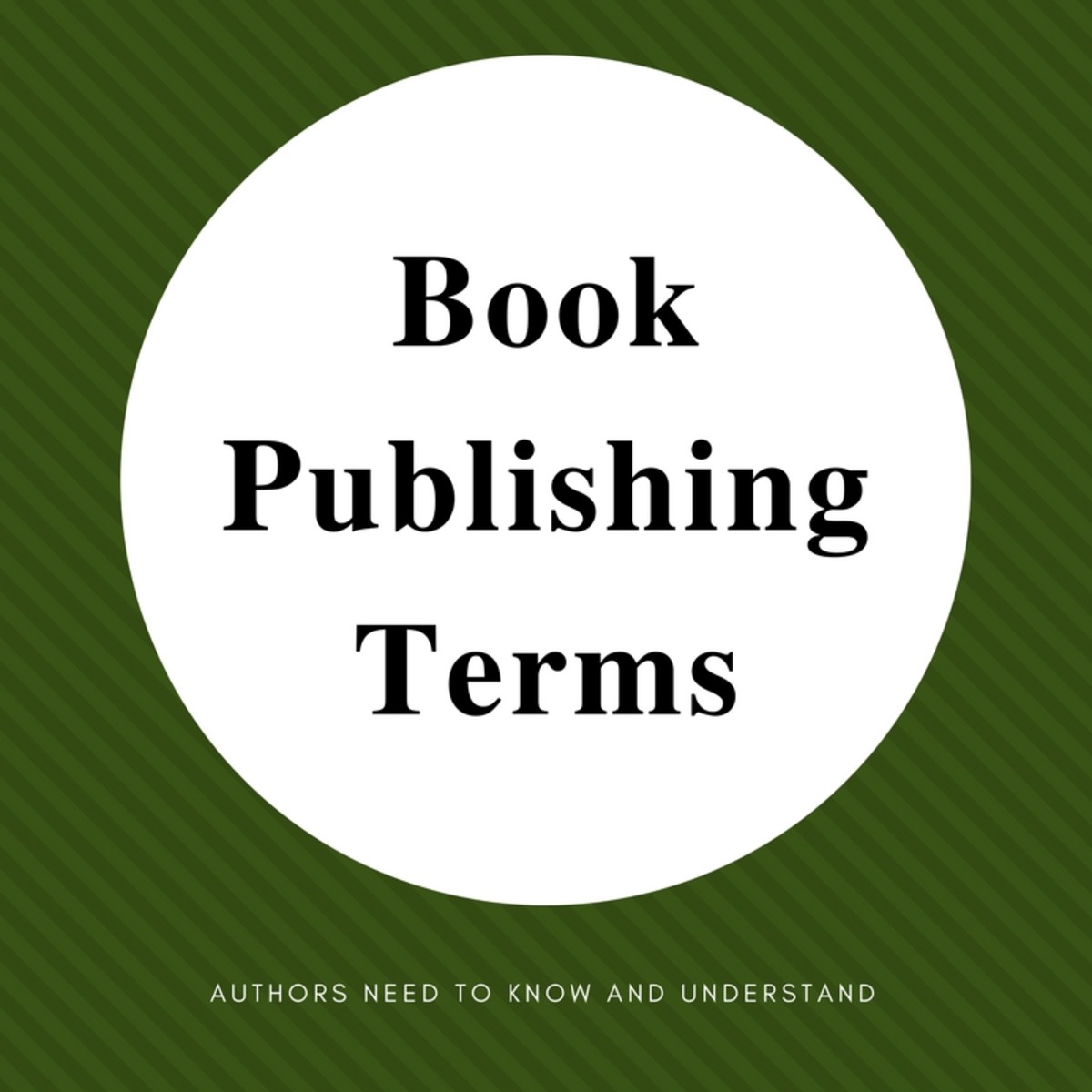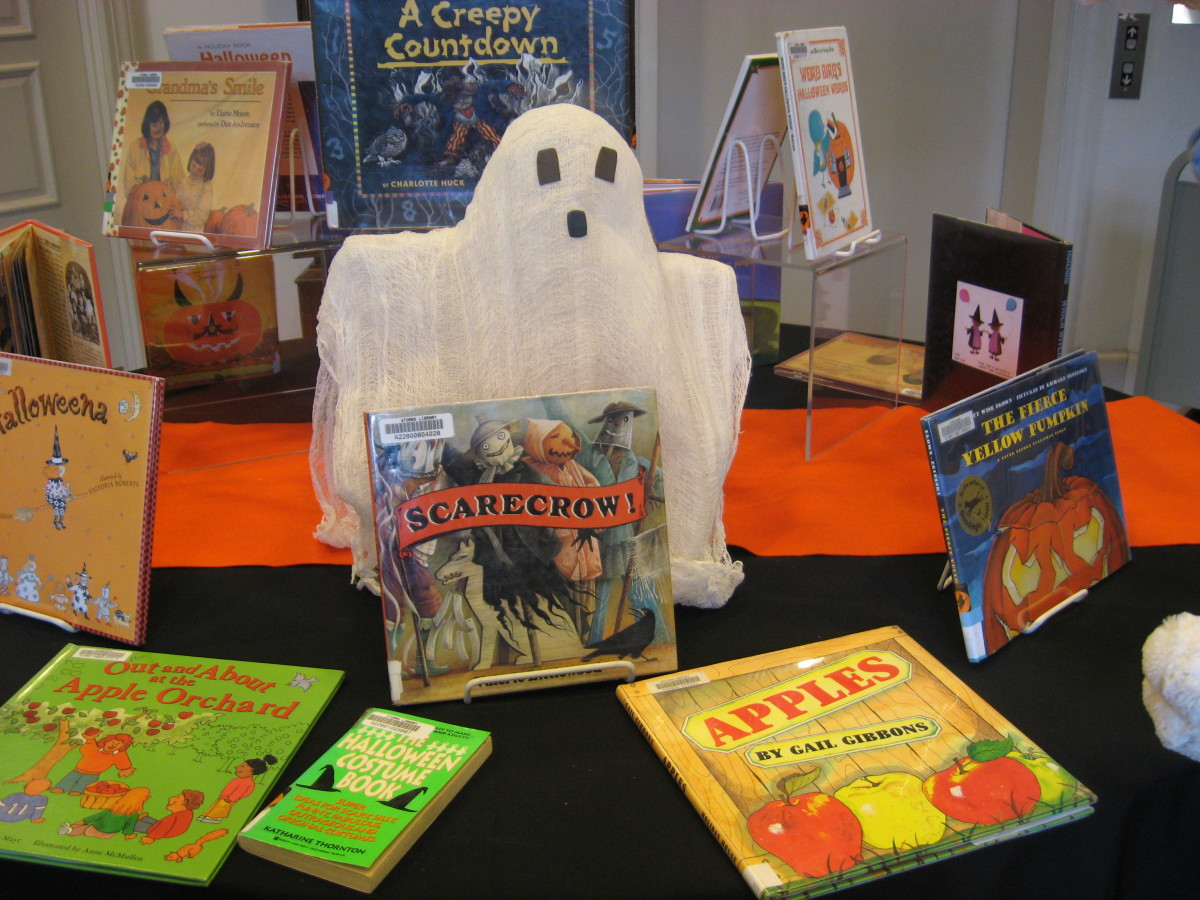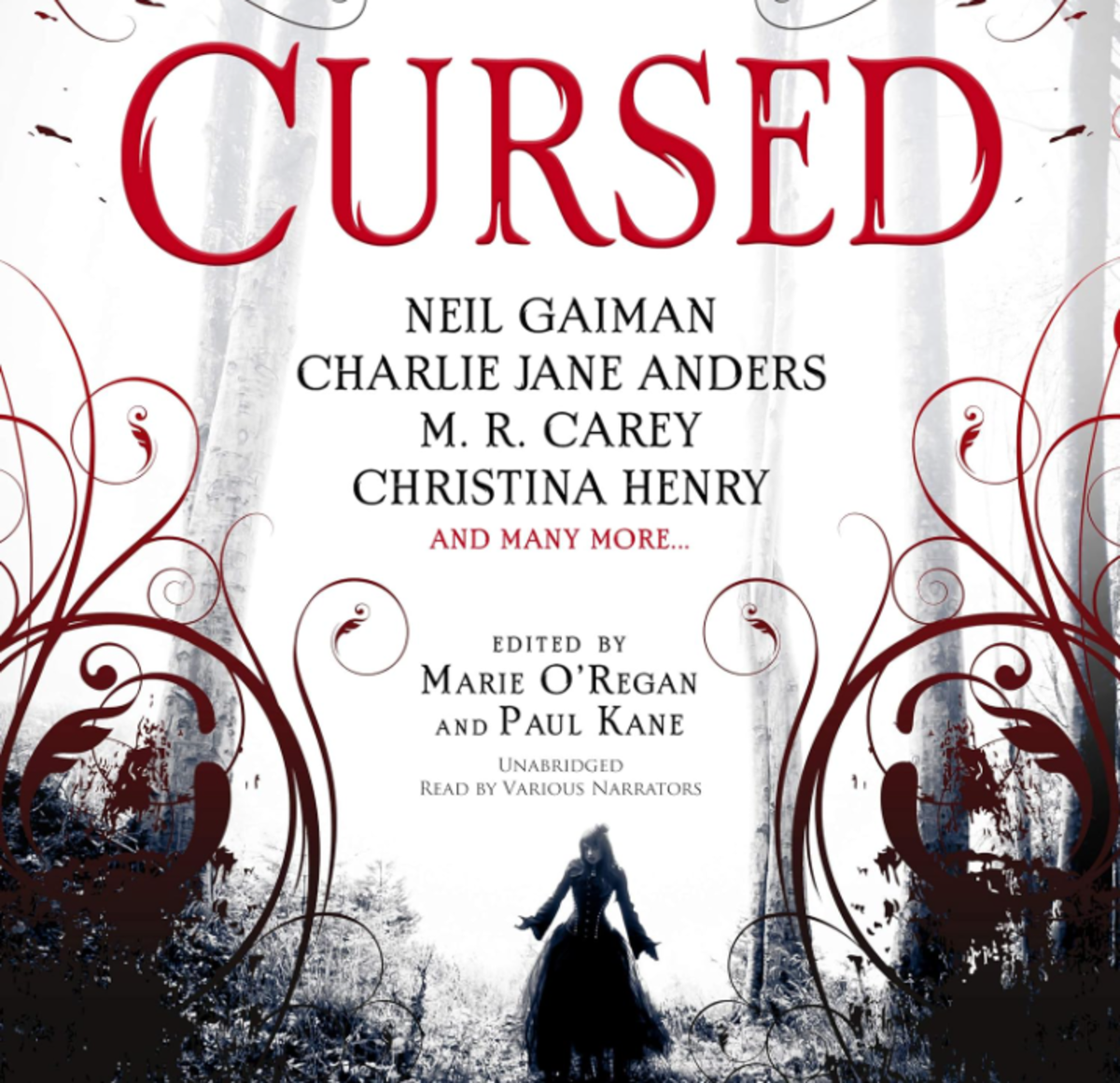How to Publish Your Book
How to Publish a Book - First Draft Cover Illustration
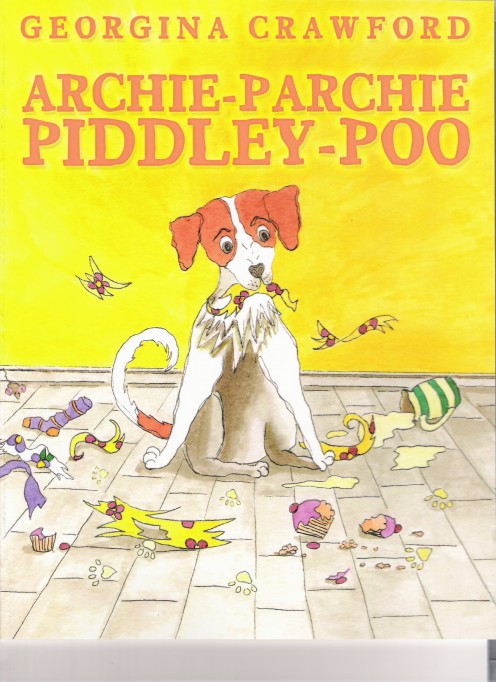
Publishing Options
Since writing this article way back in 2009, publishing options have expanded immensely and it's never been easier to see your book in print. There are four main ways to bring your book to the market, and this article is a brief synopsis of how you might become a published writer.
The options are:
Traditional publishing.
Small Press publishing.
Vanity publishing.
Self publishing.
Publishing Your Book with a Traditional Publisher
If you decide to go down the traditional publishing house route, ideally you will require an agent - few large publishing houses will accept unsolicited manuscripts.
Agents can be found by researching online, or by working through the Artists and Writers Year Book. You will need to find someone who publishes or works with clients writing in your genre and then approach them. It would be useless, for example to approach a steamy romance publisher with your 'how to' book on widget manufacturing.
A suitable approach would be a covering letter, explaining what your book is about - a synopsis, and a little about who you are, alongside the first chapter (or sometimes three chapters) of your book.
It used to be good manners only to approach one agent at a time, but most now accept that you may have contacted several.
The benefits of working with a traditional publishing house are that they bear the cost of all production. They will design your covers and how the book looks. They will also have access to book stores and will do some marketing of your book for you. However, they will also expect you to market yourself too.
They are likely to retain the copyright of your book, and may ask you to edit, cut or otherwise alter your manuscript, but they do have the expertise of their market.
A traditional publisher may also offer an advance on future work. Advances used to be substantial sums of money, but are now usually a few hundred pounds, which will be clawed back from your royalties.
Sales of your book will earn you a royalty fee, but contracts require close scrutiny before signing, so that you know exactly what you will receive and what your publisher will take (authors often receive around 10-15% of the book price).
A good agent should be able to obtain the best deal for you, although again, you need to know what their fees are and what they can offer before signing on the dotted line.
The Small Press Publishing Option
One bonus of publishing with a small press is that you don't necessarily require an agent. Many small presses invite unsolicited manuscripts (MS), but you need to research how they like the MS submitted.
I published one of my books in this way. The first thing I did was to research small publishers (again using the Writers and Artists Year Book) to try and find one whose other work was similar to the content of my book, which was a series of children's short stories. I then approached in the same way as described, with a covering letter and the first story.
There are several writing magazines on sale, that have listings at the back where publishing houses advertise for writers to submit manuscripts. It may be worth looking at some of these too.
Again, the benefits of being published in this way are that the publisher bears all of the costs. They will design your cover and will provide any illustration or artwork needed. They may do a little marketing with you too, such as a launch party.
However, the Publisher has the ultimate say over the final product. They may ask you to re-write sections, cut sections, or provide illustrations that you're not necessarily keen on. They may also set deadlines that you have to work to.
Few small press publishers would be able to offer an advance on future sales and again, the author usually receives a small royalty fee. I seem to remember my royalties being around 20% for my first book.
NB: one thing to be aware of with a small publishing firm, is that you should have written into your contract what happens if the company goes out of business, or breaks the terms of the contract, as regards moneys owed and copyright. It would be good to know whether, or not the rights revert back to you as the author.
Vanity Publishing
Vanity publishing houses will accept any manuscript for publication. They often promise the earth, but unless you are very fortunate, your sales may be poor. They are an easy way to get your book into print, but the financial costs may be high. You have to pay for your book to be published, and the cost of packages can be steep.
However, if you are not particularly technical, they will do all of the 'difficult' work for you, and will even design your cover etc., which does mean that you can work on writing rather than spending hours at the computer trying to work out why your book isn't uploading (and any other myriad of things that you have to work out when self-publishing).
You also have the benefit of a team of trouble shooters that you can contact for information/advice.
But, expect sales calls for ever, asking you to buy copies of your book, or wanting you to sign up to further packages.
Another plus is that you retain the rights to your book, and to the cover images if you designed it yourself. This means that if you wish to republish anywhere else, you can.
Most vanity publishers also take a little nip out of your royalties, so again check the fine print before signing.
Independent Publishing - Self-Publishing
If you go down the independent publishing route, you will bear the brunt of all publishing and design costs yourself, but you will receive 100% of the sales too. You will retain all rights to your book and any images or designs if you produced these yourself.
You will have complete autonomy over your book, BUT the advice is that even if you are self publishing, you should spend some money on a professional Editor for quality control purposes.
The downside is that, you will have to work out all the technicalities yourself and do all your own marketing.
Independent Publishing. Amazon, or Ingram Spark?
,Amazon and Ingram Spark are the two key players in the Independent publishing world. Both have their benefits. This article isn't and in depth look at Indie publishing, but briefly:
Amazon:
One huge benefit is that you can publish with Amazon for FREE, so if you have absolutely no money to get your book out there, this is a good option.
To recoup costs, Amazon will take a 30% royalty, but that's not too bad.
Amazon is huge, it sells more books than anyone else, so you have a big market.
It's also quick, you can publish within a few hours, which is great.
You can easily publish with Kindle and Audible too.
Amazon will provide you with an ISBN for your book, free of charge. This is where there is a little sticking point. Amazon states that your book will be available to all book stores, which it is. However, book stores cannot survive unless they can take their books on a 'sale or return' basis. Amazon does not allow returns, so, unfortunately, a book with an Amazon ISBN is not going to be stocked in stores (Just by scanning the barcode, the book store can tell whether, or not returns are allowed). If you wished to order your book through a high-street book store, they should obtain it for you, but they just won't keep it in stock.
Ingram spark:
You have all the benefits of complete autonomy over your book, but Ingram will charge a fee for publishing your book. You will have to buy your own ISBN for the book, but this will allow for returns, so your book will be available in stores.
There are many other publishers out there and it would be worth doing a thorough investigation before starting on the indie path. You may find an indie publishing company that allows you to mix and match with packages, to keep costs down.
Decision Time
In short, there are benefits and risks with each model. It pays to research well and weigh up what your primary goal would be.
With each model you will be expected to do the majority of book marketing yourself, even if you go with a traditional publisher, but marketing your book merits an article of its own.
Archie Parchie Piddley Poo
